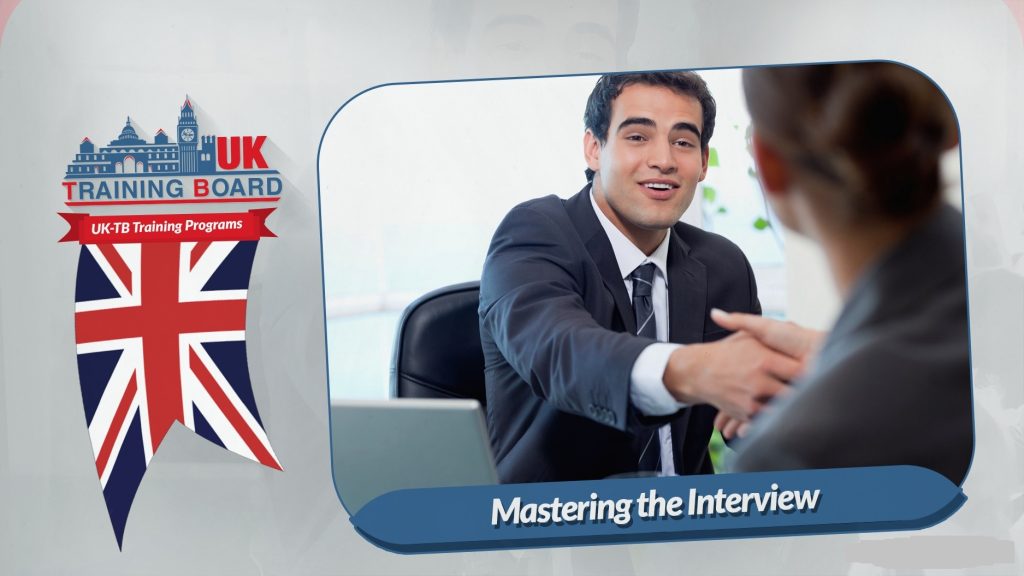Job interviews can be nerve-wracking experiences, but they are also your golden opportunity to make a positive and lasting impression on potential employers. In a competitive job market, it’s essential to stand out from the crowd. In this blog post, we’ll explore seven key strategies that will help you impress at your next job interview and increase your chances of landing that coveted position.
- Thorough Research is Key:
Before you even step foot into the interview room, invest time in researching the company, its culture, and the specific role you’re applying for. This knowledge demonstrates your genuine interest and commitment. Here’s what to focus on:
Company Background: Understanding the company’s history, mission, values, and recent achievements is essential. Familiarize yourself with its products or services and target audience. When you can speak knowledgeably about the company, you show that you’re genuinely interested in the organization.
Role and Responsibilities: Review the job description thoroughly, noting key responsibilities and required skills. Be prepared to discuss how your qualifications align with these requirements. The more specific you can be about your fit for the role, the better.
Culture Fit: Consider the company’s work environment and values. Think about how your personality and work style match with their culture, and be prepared to discuss this during the interview. Many employers prioritize cultural fit to ensure that new hires will mesh well with the existing team.
- Tailor Your Responses:
Interviewers are often looking for candidates who not only meet the qualifications but also align with the company’s values and goals. Tailor your responses to showcase how you are the ideal fit:
STAR Technique: Use the Situation, Task, Action, Result (STAR) technique when answering behavioral questions. Describe a specific Situation or Task, your Action, and the positive Result. This structured approach helps you provide clear and concise answers that highlight your skills and achievements.
Skills Match: Emphasize your skills and experiences that directly relate to the job requirements. Provide concrete examples to illustrate your capabilities. Use quantifiable results when possible, such as “increased sales by 20%,” to demonstrate your impact.
Company’s Needs: Highlight how your background and expertise can contribute to the company’s success. Show that you’ve thought about how you can add value. For instance, if the company is looking to expand into new markets, discuss your relevant experience in market analysis and strategy development.
- Ask Thoughtful Questions:
Remember, an interview is a two-way street. By asking insightful questions, you not only gather valuable information but also demonstrate your genuine interest and engagement. Here are some examples:
Company Strategy: Ask about the company’s long-term goals and how the role you’re applying for contributes to achieving them. This question shows that you’re thinking beyond the immediate job and are interested in the company’s future.
Team Dynamics: Inquire about the team structure and dynamics, as well as the reporting hierarchy. Understanding your potential colleagues and how you’ll fit into the team is crucial for a successful transition into the role.
Expectations: Ask what the company expects from the successful candidate in the first 30, 60, or 90 days on the job. This question demonstrates your eagerness to hit the ground running and contribute to the company’s success from day one.
- Showcase Soft Skills:
Soft skills, such as communication, teamwork, and adaptability, are highly valued by employers. Use your interview to showcase these skills:
Communication: Maintain good eye contact, listen actively, and articulate your thoughts clearly and concisely. Effective communication is a fundamental skill that’s important in almost every role.
Teamwork: Share stories of successful collaborations and how you’ve contributed to achieving team goals. Highlight specific instances where your teamwork led to positive outcomes.
Adaptability: Describe situations where you’ve had to adapt to change and the positive outcomes of your flexibility. Employers value adaptability, especially in fast-paced and dynamic industries.
- Follow Up with Gratitude:
After the interview, send a personalized thank-you email expressing your appreciation for the opportunity to interview. This is not only polite but also a chance to reaffirm your interest in the position. Mention a specific point from the interview that highlights your suitability for the role.
In your thank-you note, reiterate your enthusiasm for the position and the company. Express gratitude for the interviewer’s time and consideration. This simple gesture can leave a positive and lasting impression.
- Body Language Matters:
Body language plays a crucial role during job interviews. Non-verbal cues can convey a wealth of information to your potential employer. Pay close attention to your body language to make a positive impression.
Confidence: Start with projecting confidence by maintaining good posture, offering a firm handshake, and avoiding fidgeting. This demeanor can signal that you’re comfortable with the role and the interview process.
Engagement: Actively engage in the conversation by nodding when the interviewer speaks and using appropriate facial expressions to express enthusiasm and interest. These non-verbal cues show that you’re actively listening and engaged in the discussion.
Professional Attire: Your attire is another non-verbal aspect to consider; ensure it aligns with the industry and company culture, reflecting the professionalism expected in the workplace.
- Highlight Your Continuous Learning:
In today’s fast-paced job market, demonstrating your commitment to continuous learning and skill development holds great value.
Continuing Education: Mention any recent courses, certifications, or workshops you’ve completed or are currently pursuing. This showcases your dedication to staying current in your field.
Adaptation to Change: Share examples of how you’ve adeptly adapted to changes in your industry or previous roles and the proactive steps you’ve taken to acquire new skills. This demonstrates your ability to evolve with the company’s changing needs and highlights your ongoing growth and development.
Mastering the art of impressing at a job interview requires thorough preparation, tailored responses, thoughtful questions, the showcasing of soft skills, and a gracious follow-up. Remember that you’re not just being evaluated on your qualifications but also on how well you fit with the company’s culture and goals.
By incorporating these strategies, you can increase your chances of leaving a lasting, positive impression and ultimately landing your dream job. Job interviews are opportunities to shine, so stay confident, stay prepared, and stay focused on showcasing your qualifications and fit for the role. Good luck!



